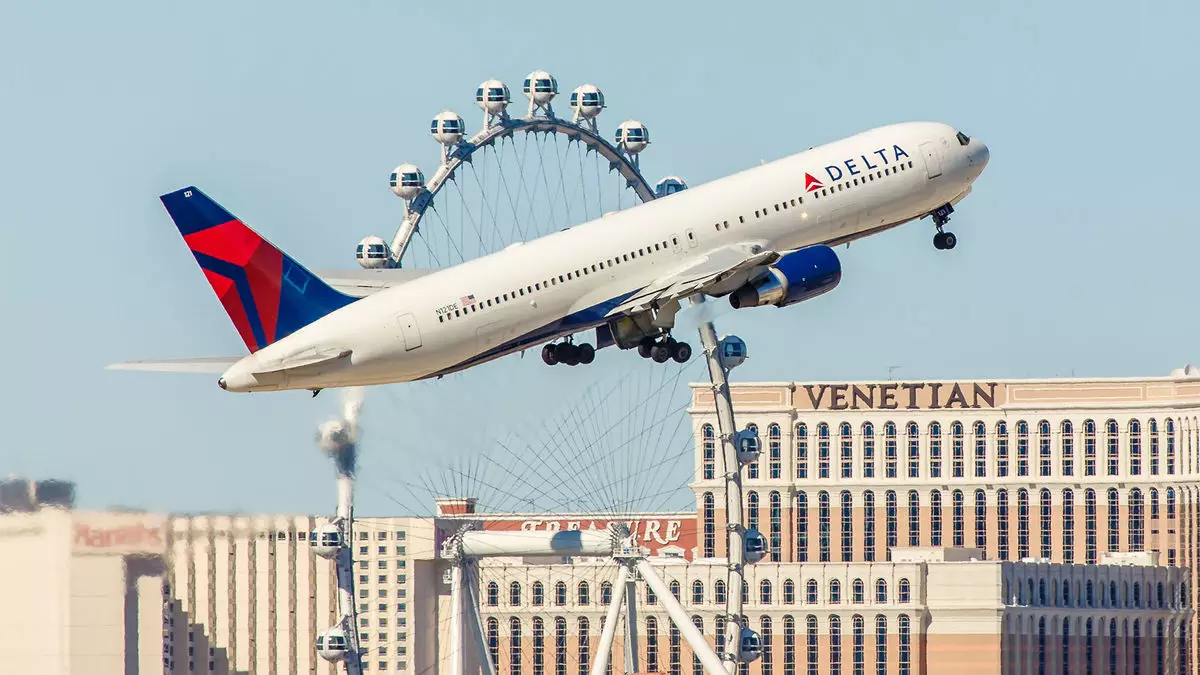Delta Airlines is currently considering the possibility of unbundling its forward cabin offerings, a move that could potentially change the dynamics of its premium products. During the second-quarter earnings call, Delta president Glen Hauenstein hinted at a significant announcement that could be made during the upcoming Investor Day event in November. This strategic shift is aimed at providing more details about the potential unbundling strategy, which is currently only limited to bundled products in its business class, first class, and premium economy cabins.
While Delta Airlines and other full-service U.S. carriers have successfully implemented unbundling strategies in the main cabin, the premium cabins have remained untouched. Passengers in the main cabin pay for extras such as checked bags, meals, alcohol, extra legroom, and well-positioned seat selections. On the other hand, the premium cabins include items like checked bags, food and beverages, seat assignments, lounge access, and priority check-in.
Some global carriers have already implemented forward cabin unbundling strategies. British Airways, for example, charges additional fees for seat selection in its Club World business class. Similarly, Lufthansa is planning to introduce multiple price points in its new Allegris business class, depending on the location and characteristics of each seat. Delta’s strong presence in the premium market has helped the company achieve a 5% year-over-year revenue increase in the second quarter, despite the challenging market conditions.
While Delta reported healthy revenue growth from its premium product offerings and loyalty program, the company’s net income for the second quarter was lower compared to the previous year, primarily due to an increase in operating expenses. Moreover, Delta’s lower earnings-per-share expectations for the current quarter have caused investors to sell off the airline’s stocks, reflecting concerns about the impact of low airfares and overcapacity in the U.S. airline sector.
Despite the challenges posed by low airfares and excess capacity, Delta remains optimistic about the industry’s ability to adapt and respond to changing market dynamics. U.S. carriers are scheduled to increase seat capacity by 5.9% this month compared to last July, but the capacity is expected to decrease by 3.6% year over year in September, indicating a proactive adjustment to the oversupply issue. While Delta’s stock price experienced a decline during mid-afternoon trading, the company’s long-term strategic focus remains on enhancing customer experience and operational efficiency.
Overall, Delta’s potential unbundling of forward cabin offerings reflects a strategic shift towards addressing changing market demands and enhancing profitability in a competitive industry landscape. By leveraging its strong premium market position and customer loyalty programs, Delta aims to navigate the challenges posed by low airfares and overcapacity while maintaining its reputation as a leading player in the airline industry.

